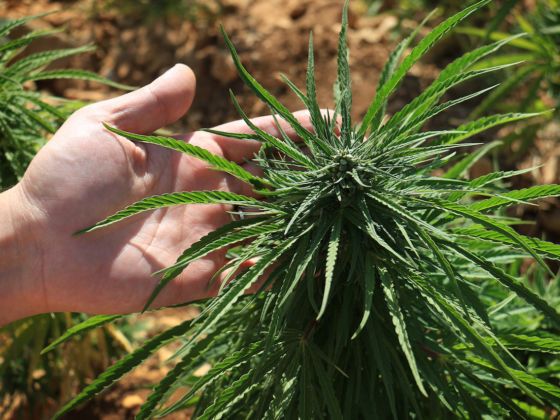Lebanon’s government legalized medical cannabis on April 21, making it the first Arabic-speaking country to permit growing and consuming marijuana in some form. Under the new law, which was opposed by Hezbollah representatives, state-licensed growers can supply medical facilities and industries. Cannabis is expected to be a boon for Lebanon’s struggling economy. Recreational growing and use, however, remain illegal.

Lebanon Legalized Medical Cannabis, and It Could Help Stabilize the Economy
The bill was years in the making. Serious consideration started in 2018 after a report from the American consulting group McKinsey listed cannabis as a primary way to improve Lebanon’s economic outlook alongside banking and tourism. Parliamentary committees endorsed the law in March of this year, though additional legislation to reduce sentences or release people in prison for cannabis convictions is still under review, Newsweek reported.
Lebanon’s illegal cultivation is known around the world, especially the cannabis from the Bekaa Valley in the eastern part of the country near Syria. Just last month, Lebanese security forces reported seizing 25 tons of cannabis there — the largest bust in the country’s history. Well-armed growers frequently clash with authorities, according to a 2018 story from The Guardian, but lawmakers are “sympathetic to calls for legalization.”
Cannabis has a long history in the Bekaa Valley, dating back to the 16th century. During the Lebanese civil war from 1975 to 1990, it’s estimated that 2,000 tons of Bekaa Valley cannabis a year was smuggled out of the country. By 2018, according to The Guardian, cannabis brought in between $175 and $200 million a year from illegal exports. The UN Office on Drugs and Crime listed Lebanon as the third-largest exporter of cannabis resin in the world. And it has a good reputation: In 2018, the Lebanese minister for economy and trade at the time told Bloomberg that Lebanese cannabis “is one of the best in the world.”
This, of course, isn’t likely to be the cannabis legalized by the new law. Government-approved growers will provide pharmaceutical cannabis, wellness products, CBD, and industrial products like plant fibers. While details still need to be hashed out, estimates put Lebanon’s potential cannabis industry value at around $1 billion.